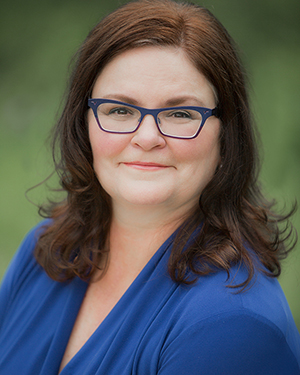Dr. Stough and a Group of Scholars and Practitioners have been Selected as a Disability and COVID-19 Working Group by the Natural Hazards Center
June 8, 2020

|
The group includes 14 members from 9 universities and centers representing the 8 disciplines of: Communication, Disability Studies, Education, Educational Psychology, Psychology, Public Health, Special Education, and Social Work. The group includes 3 members representing minority groups, a student researcher, and all of our members themselves have or have family members with disabilities or special health care needs. The primary positions are similarly diverse and include researchers, teachers, practitioners, support personnel, and project directors. As each member of the group already have existing research agendas, teaching positions, or oversee projects aligned with this topic, they will bring knowledge from these experiences to the working group.
The Working Group focus area will examine the intersection of disability and COVID-19 as a natural hazard. Specifically, how this unfolding emergency affects access to and use of attendant care, community resources, medical care, mental health services, public health, and social services. The are also interested if people with disabilities but without underlying health conditions are disproportionately experiencing barriers to information and services in relation to COVID-19- previous research on other disasters suggest such barriers consistently occur.
The Work Group already observe intersectionality between disability and vulnerability to COVID-19 in that some disabilities: 1) involve underlying medical conditions, such as heart or lung conditions, 2) intersect with tendency towards obesity, for example, diabetes and Prader-Willi syndrome, 3) increase in prevalence with age- and age is associated with mortality due to COVID-19, and 4) share barriers experienced by others disproportionately vulnerable to public health emergencies, including poverty, under employment, and limited access to health care. Other possible relevant issues are internet accessibility, special education services, and appropriate mental health services.
They have four objectives:
- Examine existing theory: How does this pandemic expand or change existing conceptualizations of how disasters intersect with disability status?
- Delineate critical research questions: What are priorities for future empirical studies?
- Translate research into practice. What are evidence-based practices that best support people with disabilities and disability-based organizations?
- Identify policy implications: What do unfolding events reveal with respect to needed policy change and creation?
The Work Group will function as a collaborative think tank, meeting weekly, and organizing discussions around the above objectives. Group members will contribute academic articles, grey literature resources, and multimedia information to a shared online folder to review between meetings. Most of the Group are university faculty who are seeing first-hand the impact that this pandemic has already had on university students including closing of university housing, elimination of employment, disruption of educational studies, and the loss of in-person social interactions that are of developmental importance to emerging adults.







